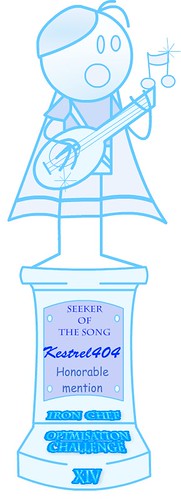Mages are whatever you need them to be for the setting you want, because magic is simply 'the stuff that makes this place different from the real world'. Without magic (and this includes 'space magic' and 'hypertechnology' and anything else which modern engineering principles cannot fully explain), then you're just playing in an 'alternate history' or 'modern day real world' setting - which is fine, but not terribly popular.
My personal preference is for mages to through well-defined magical principles. Magic that can do 'anything, without restriction, if you give it enough power' is what leads to the whole batman-wizard issue in D&D.
If you've got a magic system that's strongly grounded in, say, the Laws of Contagion and Similarity, then it becomes much more interesting for everyone (not just the mages) to interact with magic and mages in the world. A world where you've got to worry about leaving behind trace amounts of blood is a world where Warriors carry around bottles of acid or salt or something to throw on their own blood-spills. Worlds where a stolen piece of art can be tracked by using the wall where it has hung for fifty years is a world where the Rogue has anti-scrying runes on the walls of his safe-house.
Essentially, worlds in which magic is defined, known, has logical implications and limitations is a world that is fun and interesting to explore. Essentially, I think it's the limitations of magic which define what a wizard is - because magic is, essentially, the way the limits of the real world are broken.
View Single Post
-
2015-10-02, 11:04 AM (ISO 8601)Ogre in the Playground


- Join Date
- Jul 2009
 Re: Mages in Parties: Gandalf, or a Glorified Archer?
Homebrew:
Re: Mages in Parties: Gandalf, or a Glorified Archer?
Homebrew:
Iron Chef Trophies:Spoiler
Iron Chef X - 3rd (My first entry!)
Iron Chef XI - 4th
Iron Chef XIII - 4th
Iron Chef XIV - Honorable Mention (and 4th place)
Iron Chef XVI - 3rd place
Iron Chef XVIII - 1st place
Iron Chef XXXIV - 2nd place




 Reply With Quote
Reply With Quote